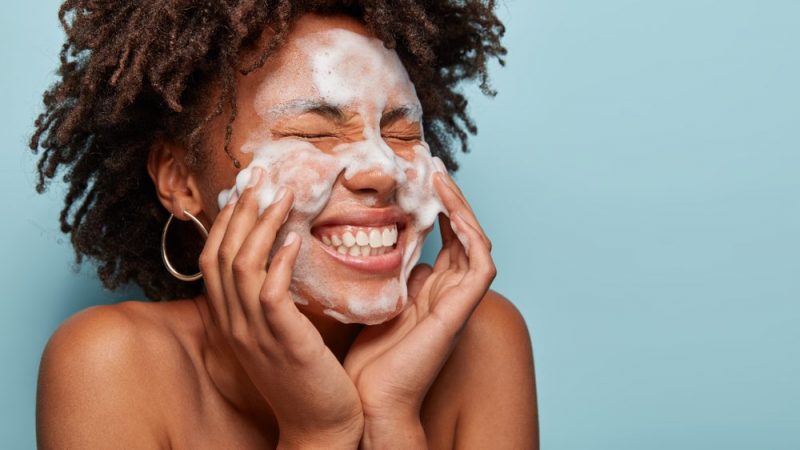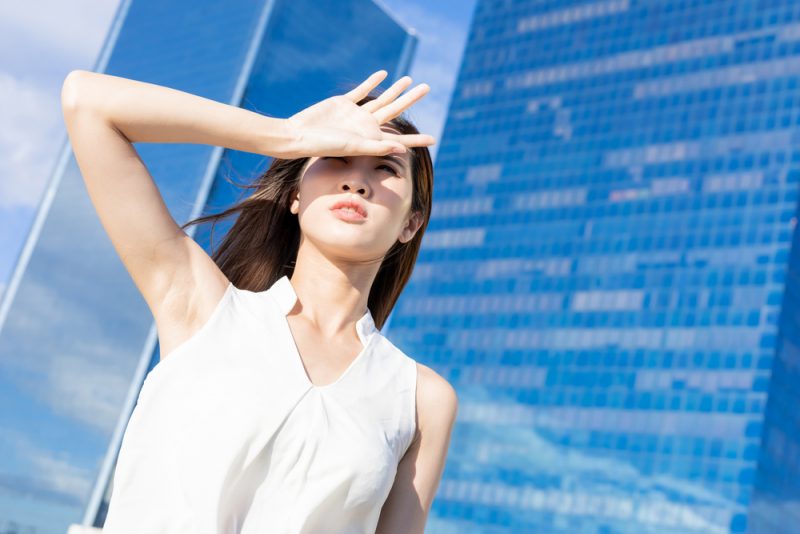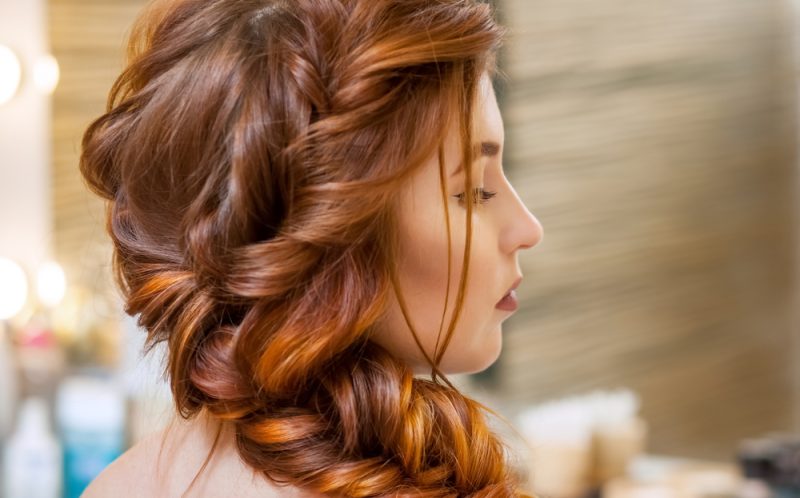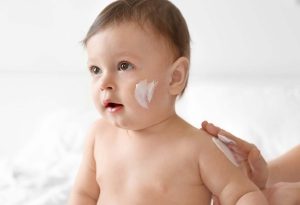The desire to age beautifully is natural. Once we start to see signs of aging—a lock of gray hair, some noticeable creases on our faces—we also begin to pay more attention to how we treat ourselves.
There’s certainly no way to reverse nor escape aging no matter how many years a specific product guarantees it can knock off your actual age. Instead, the key to aging beautifully is to grow with our years, along with embracing changes that come with them.
Aging hair
The skin is often what first comes up when there is talk of aging, but another thing that should be considered is hair. Graying hair, thinning hair, hair loss, and changing hair textures are some signs of hair aging to look out for.
According to Cleveland Clinic, hair health depends largely on factors like age, diet, genetics, and overall health, along with hormonal changes and external factors. As time goes by, the life cycle of hair becomes shorter and shorter until the hair follicles eventually cease production of new hair. While there’s no way to reverse aging hair, there are a few tricks to manage and offset these changes.
Avoid frequent washing
Frequent washing causes hair to become dry and brittle. According to Cleveland Clinic, it’s best to wash your scalp only twice a week. It is also a must to use a shampoo specially formulated for the type of hair you have.
Meanwhile, be sure to check the labels of your products. Veer away from certain ingredients like sulfates that strip natural oil away from the hair and scalp. Zinc pyrithione, on the other hand, has a hydrating effect on the scalp.
Steer clear of daily heat styling
Styling with heat causes damage, especially when done regularly. Give your hair some time to bounce back by limiting styling with heat. You can also use a protective product before styling.
Brush gently
Gentle brushing stimulates blood flow to the scalp. Use a brush with natural bristles that are soft on hair strands and can distribute natural conditioning oils more effectively. Giving the scalp a gentle massage every now and then won’t hurt, too.
Keep an eye out for harsh products
In general, it’s best to minimize or eliminate harsh and drying products from your hair care routine. Hair spray, for instance, has drying alcohols. Parabens, which is common in many hair products, are hormone-disrupting. Mousses and gels can also be drying and strip away shine.
Some hair dyes are also too harsh, so it’s best to consult a professional whenever you have to go in for hair treatment. Otherwise, learn some hacks to protect your hair from hair dyes, like in this guide from LOrealParis.com.ph.
Condition, volumize, and moisturize
Products like conditioners and volumizers strengthen hair and keep it healthy. Do some deep conditioning on your hair and try out a mask every now and then. Think of it as a necessary step to replenish hair after it loses moisture.
Get enough protein
A healthy diet is beneficial for hair, too. Keep in mind that hair follicles are comprised of protein, so it’s a must to have the recommended protein intake to maintain healthy hair. Restricted diets are also said to be linked to hair loss.
Aging skin
Factors like genetics, diet, and lifestyle choices come into play to determine the skin’s health. Then, there are additional causes of skin aging, including exposure to ultraviolet (UV) light from the sun and gravity.
Below the surface, changes like the breakdown of elastin and collagen, loss of fat, bone, and cartilage, and thinning of the epidermis and blood vessel walls occur over time. Wrinkles, loose skin, noticeable dryness—you might think that at the onset of such signs, your skin has already lost its youthfulness. But mature skin can remain plump, radiant, and bright.
According to L’Oreal Paris USA, the best way to care for mature skin is by integrating anti-aging steps into your skincare routine.
Wash your face correctly
One key way to maintain your face’s tightness and elasticity is to be as gentle to it as possible. Avoid pulling and tugging at your skin. Aggressive lathering and scrubbing can also irritate it. Don’t reach for a generic bar of soap—use a more gentle cream cleanser rather than a foaming cleanser.
Make sure to never go to bed with makeup on, as it can clog your pores. Opt for a gentle makeup remover like micellar water before proceeding to wash your face.
Make exfoliation a part of your regimen
Although exfoliation is different for every skin type, it’s a good step to include in any routine. Exfoliating regularly—ideally twice a week—helps get rid of dead skin cells and promotes a healthy skin cell turnover.
Add a handy serum
A serum in your morning or night routine gives the skin an extra boost. Vitamin C serums, for instance, work pretty well in protecting the skin from sun damage. Retinol, meanwhile, is well-known for its anti-aging properties.
Make hydration and SPF your best friends
You might have the best anti-aging products in your routine, but keep in mind that none of these would work effectively without the necessary step of sun protection. While it’s better to start using sunscreen daily as early as possible, it has also been found to improve skin already damaged by unprotected sun exposure. It’s never too late to start. 
Moisturizer is another essential in your skincare arsenal. Go for one that promotes skin renewal, reduces the appearance of fine lines, and brightens complexion.
Use anti-aging products with caution
When trying out products for their anti-aging properties, experiment with caution. Too many products at the same time might irritate your skin, which could make signs of aging more noticeable. Avoid products that burn, tingle, or sting.
Youthful skin and hair
While all these individual steps are sure to make a difference in your skin and hair care, nothing brings a youthful glow like a healthy lifestyle and sound well-being. Along with these handy tricks, never lose sight of the basics: get enough sleep, stay hydrated, maintain a healthy diet, exercise, and avoid smoking and pollution. With proper care, your hair and skin will shine regardless of age.



